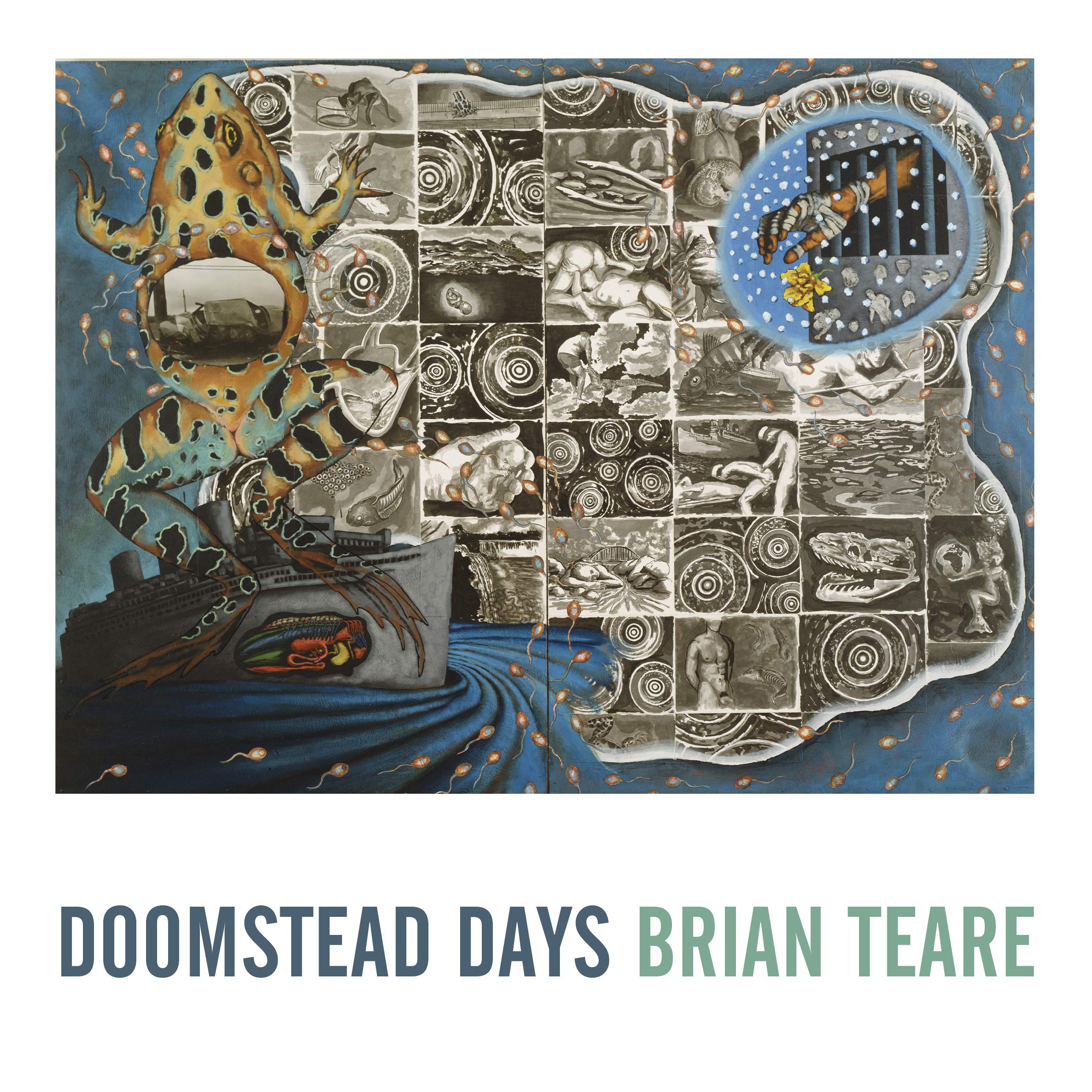“To praise this, blame that, / Leads one subtly away from the beginning, where / We must stay, in motion.” This quote from John Ashbery’s “Houseboat Days” anchors Teare’s latest volume, a book about climate change, apocalypse and grief, but also a book Teare composed while walking. In wandering, his poems deliberately cultivate attentiveness to the motions of mind. Unfurling, in poem after poem, Teare’s long hikes range from California and the Point Reyes coastline to Philadelphia, where he now teaches at Temple University. They are alternately rural and urban, tender and apocalyptic, written in the face of oil spills and also under a “raptor’s / accurate shadow / falling over me always / premonitory.” Teare’s forms often jag across the page, capturing an essayistic consciousness in staggered strokes of thought.
The poems feel solitary but intimate: Teare’s voices let us weigh the insoluble questions of how to live as an ethical being in the face of violence and environmental collapse. Seduced by beauty, also suspicious of beauty, these poems note “bioaccumulants / & synergistic / toxins stored in fat / in the liver & kidneys,” and “day laborers sick / from the exposure,” but also revel in “the white lily, / at its dramatic anthers, / how orange dark pollen, / large-grained, falls, stipples.” Panicking, also releasing panic, his verse finds refuge, momentarily, at “the thinnest brink” where, “thinking on thinking, / the current pulses.”
— Tess Taylor


 Doomstead Days by Brian Teare (Nighboat Books)
Doomstead Days by Brian Teare (Nighboat Books) 